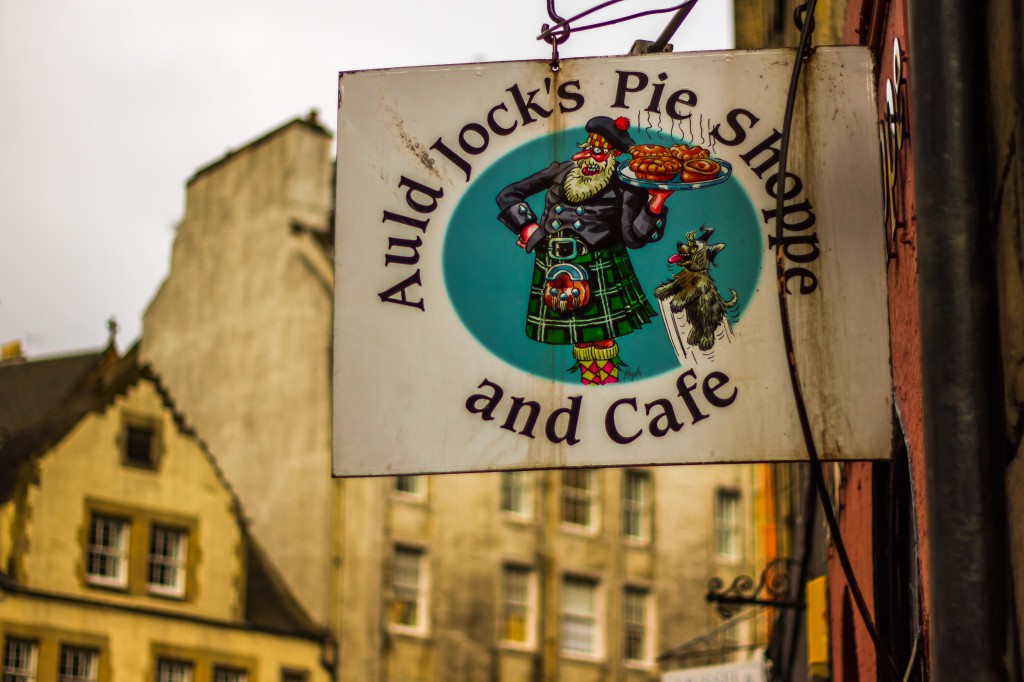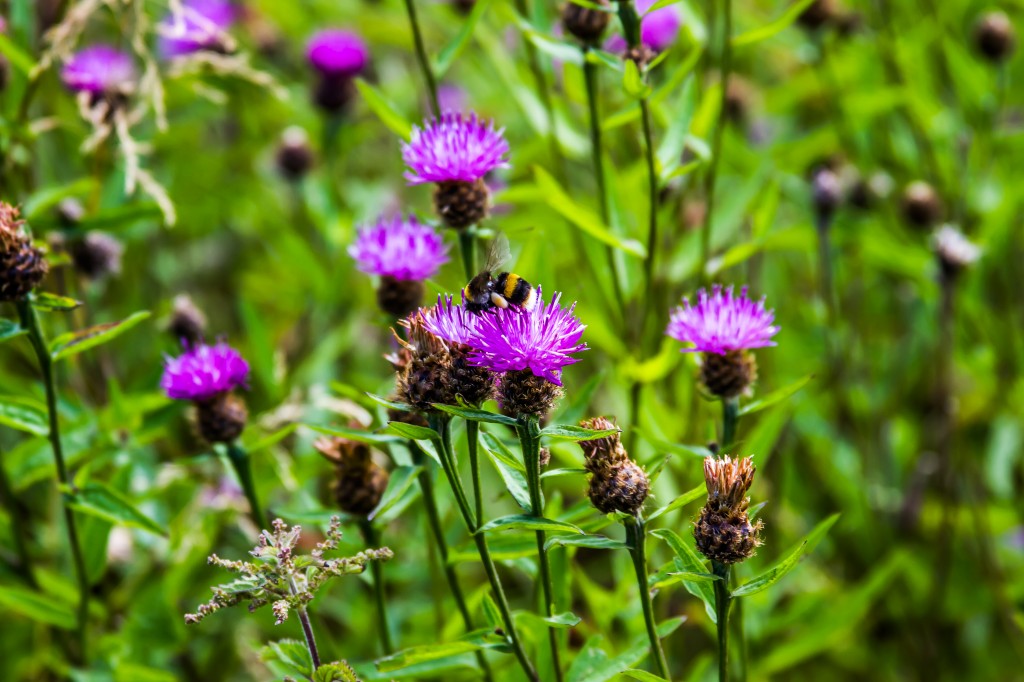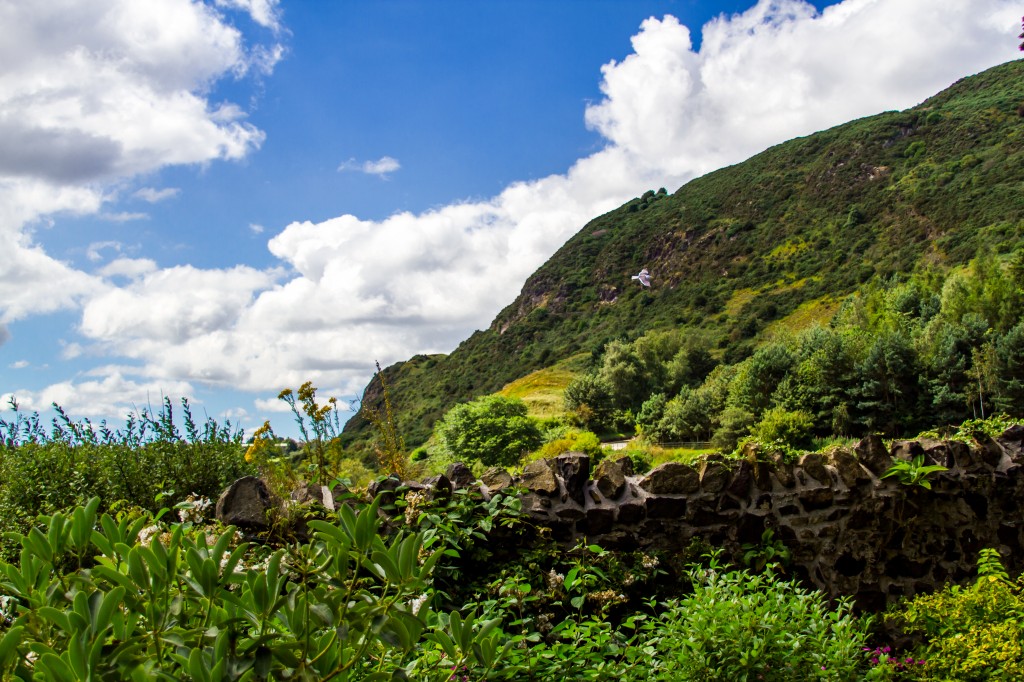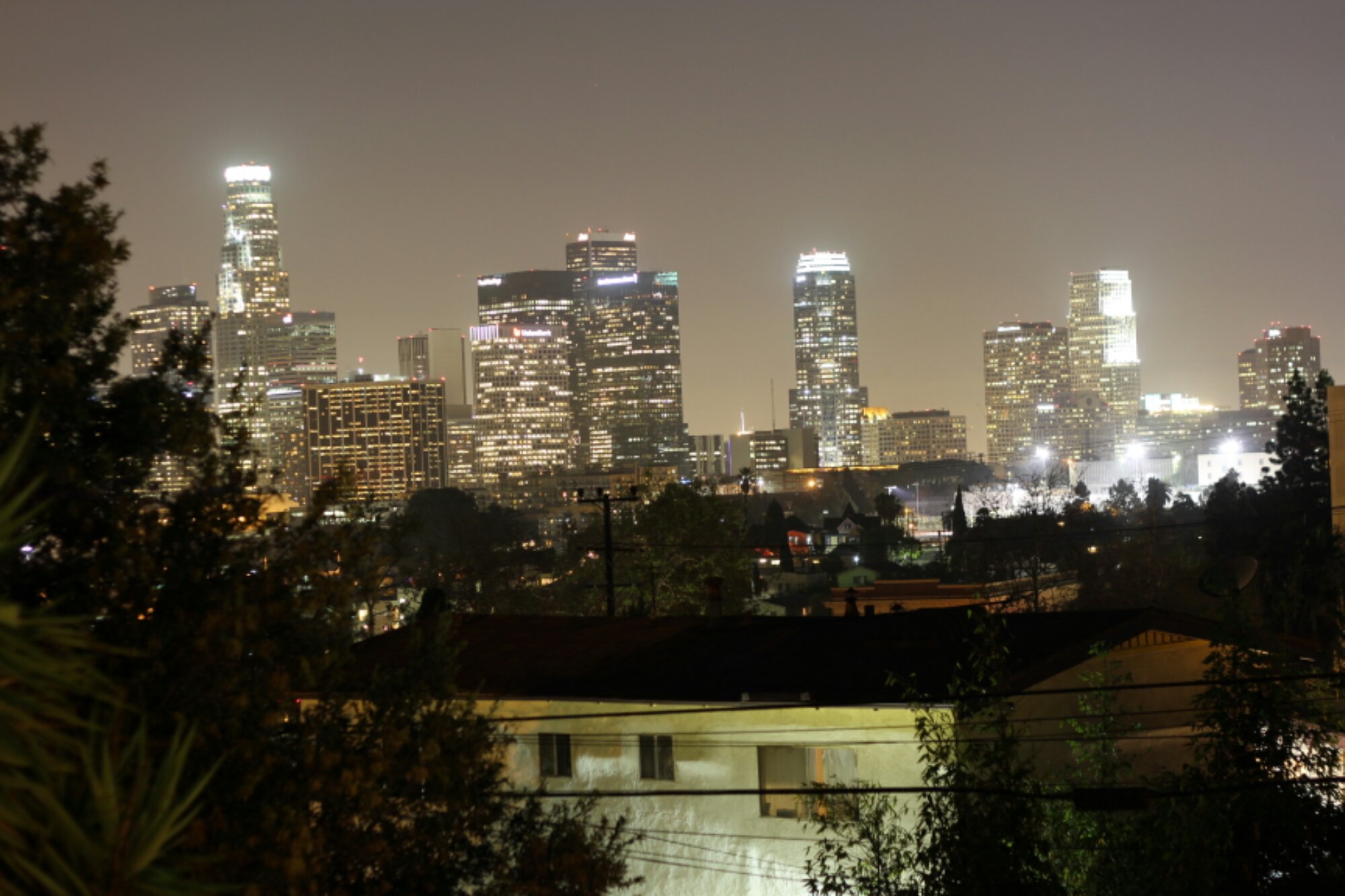Walking down the streets of St. Andrews, one is surrounded by the pains of change.
The martyrs’ monument commemorates those who gave their lives for the difference they wished to make in the world, people like Henry Forrest, who was executed in 1533 by the Catholic Church for owning a bible written in English.
St. Andrews Cathedral lies in ruin, bearing the scars of a revolution. The once grandiose seat of Catholicism was destroyed in the process of the Scottish Reformation.
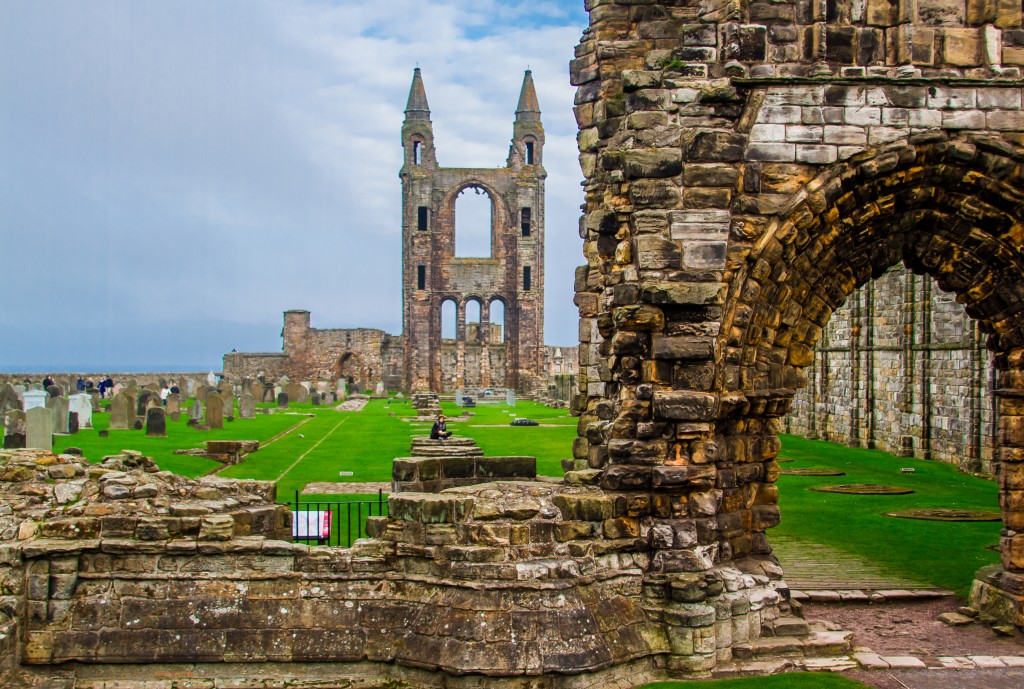
While the reformation brought universal education and the enlightenment to Scotland, the ruins of the “powers that were” remain today, as a reminder of the ambivalent nature of change.
Revolutions are painful, and leave carnage in their wake, but they are the mechanisms by which our society evolves. The beliefs that John Knox and his reformers fought and died for seem obvious today. Even the Catholic Church has come around to acknowledge that worship and scripture should be accessible in the native tongue, after spilling so much blood fighting the winds of change.
Change doesn’t happen on its own. It requires a brave voice that is willing to go against the grain, one that is willing to accept the wrath of people desperate to maintain their wealth and their power.
The potential for change exists in Scotland today. 97% of the Scottish electorate has registered to vote in today’s referendum, and the political discourse is strong. Whether in a pub, in line at the shops or waiting for a bus, politics and the future of the country is the topic on every tongue. It’s completely inescapable. It’s what democracy would be everywhere at all times if it didn’t always seem so hopeless and predetermined.
I’ve spent 4 months trying to understand this place. From the history of invaders–Roman, Viking or English–to today, Scotland has perpetually struggled for self determination.
While such a short time can never give a comprehensive view, I’ve crisscrossed this wee country, with roughly the size and population of South Carolina, in an effort to understand as much as I can why this referendum is happening and why one would be inclined to vote Aye or Nay.
The Borders are far more pro-union than the rest of the country. This is perfectly understandable as many of these people cross between Scotland and England on a daily basis. What impact would this have on their lives? Would border crossing checks be implemented? Would they need to exchange currency? Would any benefit be worth the extra hassle?
The area surrounding Aberdeen has similar concerns. Oil workers drive Ferraris through blighted neighborhoods. It’s an eerily dystopian scene, as if you picked up Beverly Hills and moved it to Detroit. While inequality is nowhere more apparent in whole of the UK, those living in splendor as a result of the status quo are far more rabidly eager to preserve their current arrangement.
Demonstrators rally in Glasgow’s George Square and the Edinburgh Meadows, but the discussion plays out everywhere else as well. From Arran to Mull, from Oban to Fort William, the referendum is on the minds of Scots everywhere.
Up and down Inverness’s High Street, “Yes” and “No Thanks” signs hang on every streetlight. Even far off at the Isles Inn on in the harbour village of Portree on Skye, it’s difficult to engage in a discussion that isn’t about the referendum.
The “No” camp thinks the UK is stronger together. They do lack compelling leadership, with most of Westminster ignoring the possibility of a “Yes” vote, only to make a mad rush North at the last minute to save face, making promises to change. These promises would need to be approved by Westminster and many MPs have expressed not only a disdain for allowing such changes to occur, but also a desire to “punish” the Scots for their insolence.
A young man pleads on an Edinburgh street, “We can’t leave the rest of the UK to be ruled by conservatives in perpetuity!”
A young woman replies, “Tell them to move up here and join us in an independent Scotland!”
It’s easy to see how Scots could think the system is broken. They sent only 1 conservative out of their 59 seats in Parliament, but got another conservative government to set the agenda and budget.
Privatization and austerity seem to be Westminster’s mantra, and it doesn’t sit well with the Scots, who see self rule as a solution to end right wing policies in this predominantly left wing country.
There are many questions and uncertainties. The UK government has refused to negotiate any terms regarding independence until after a “Yes” vote. The “No” camp has seized upon that uncertainty and uses it as their main argument.
Westminster has also leveraged many rich English people, as well as world leaders (including President Obama) and corporations to warn Scotland against independence.
Deutsche Bank–who ironically has massive derivative exposure larger than 5x the entire EU’s GDP–this week warned Independence would be too risky, and compared it to Hitler’s rise in Germany, warning that it could start a new Depression.
Scottish independence would be exceptionally risky, but as “Yes” voters see it, that’s entirely the point.
It’s the idea of starting something new, examining how society is constructed and rebuilding it to be more fair and equitable. While it may be painful, and scars may be left behind, just as at St. Andrews, it’s the belief that things will eventually get better that motivates “Yes” voters in the face of such uncertainty.
I have no vote, but I do feel envious of the Scottish people. Today they have the chance to cast a ballot that could actually change the world, something that very few people get the chance to do in a society so enamored with maintaining the status quo for fear of taking a risk.
